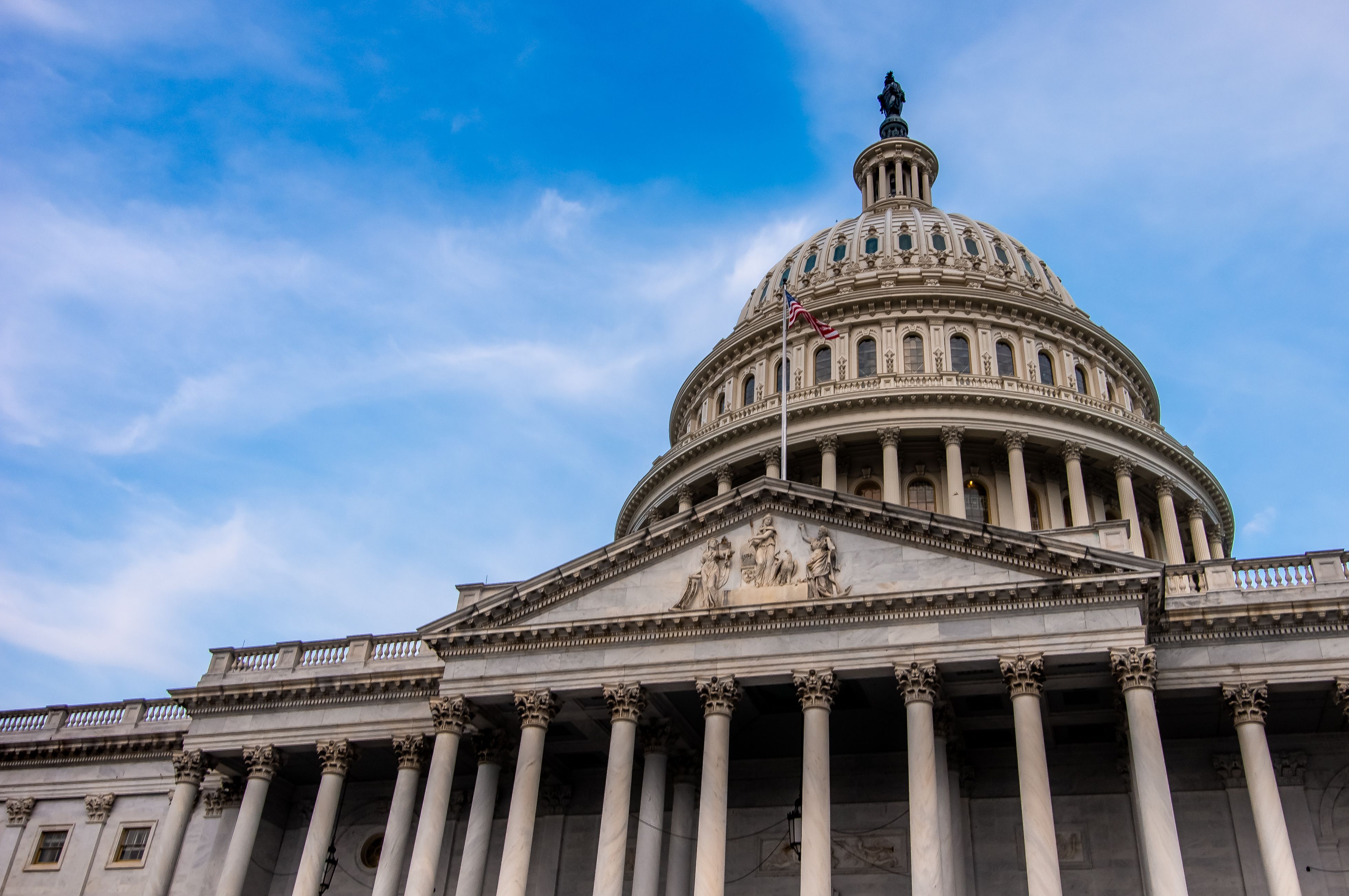- Center on Health Equity & Access
- Clinical
- Health Care Cost
- Health Care Delivery
- Insurance
- Policy
- Technology
- Value-Based Care
RFK Jr Claims HHS Has Not Fired Working Scientists, Canceled Lifesaving Research
Robert F. Kennedy Jr’s congressional hearing featured numerous statements from the secretary of HHS, including denouncing claims of cutting down the HHS and the National Institutes of Health.
The Secretary of HHS, Robert F. Kennedy Jr, attended his first congressional hearing since being appointed and was met with questions regarding actions taken since he was confirmed in February.1,2 The hearing included discussions regarding the canceling of federal grants for research as well as the plan to reduce the workforce in the HHS.
The hearing, which took place on Wednesday, May 14, featured several members of Congress on both the House and Senate committees who were able to question the moves of the HHS that have been conducted since the Trump administration took office. Questioning primarily came from Democrats in Congress who have voiced concern for the drastic changes that have been proposed by the administration, including plans to consolidate departments in the CDC and HHS to reduce the workforce overall.3,4 Departments considered for the chopping block include the Division of HIV Prevention, which tracks infections of HIV across the US and promotes different methods of prevention. These cuts would ultimately cost 20,000 jobs across the board, which is approximately 25% of the workforce in public health,1 further exacerbating cuts that were made earlier this year.
This would be a part of the Trump administration’s proposed 26% budget cut to HHS.5 The budget cut would primarily affect staff and programs conducted by the National Institutes of Health (NIH) and CDC. However, Kennedy claimed during the hearing that no working scientists were fired and no critical services would be affected by these cuts.1
HHS Secretary Robert F. Kennedy Jr faced several Congress members during a congressional hearing on the proposed budget. | Image credit: Philip - stock.adobe.com

However, research has shown that a total of 694 grants from the NIH, totaling approximately $1.81 billion in research, have been canceled by the Trump administration.6 The National Institute of Mental Health and the National Institute on Minority Health and Health Disparities took the biggest hits with these cancellations, with 128 and 77 grants canceled, respectively. The National Institute of Allergy and Infectious Diseases took the largest hit in terms of money canceled, at approximately $505 million worth of grants terminated by the HHS.
Federal scientists had also been fired in February, totaling 1200 NIH employees.6 Cuts to the FDA, HHS, and NIH resulted in thousands of jobs lost. This included firings of the top vaccine regulator, employees testing new drug approvals, and reassignments of high-ranking officials in the National Institute of Allergy and Infectious Diseases, National Institute on Minority Health and Health Disparities, National Institute of Nursing Research, communications for NIH, and the National Institute of Child Health and Human Development.7
Although Democrats in the House were the primary challengers of Kennedy’s actions and words in the hearing, Republicans also urged Kennedy to protect medical research in their districts and expressed relief that the firings in the National Institute for Occupational Safety and Health had been reversed.
The hearing did not clarify Kennedy’s actions overall and proceeded with numerous debates between Democrat representatives and Kennedy as he made his case to receive the funding outlined in the budget presented to the House. The House will soon vote on the budget that includes cuts to Medicaid among the other cuts outlined by Kennedy.
References
- Stolberg SG. Kennedy, defending downsizing, clashes with Democrats in tense hearings. The New York Times. May 14, 2025. Accessed May 15, 2025. https://www.nytimes.com/2025/05/14/us/politics/rfk-jr-hhs-overhaul-hearing.html
- Mattina C. Robert F. Kennedy Jr confirmed as HHS secretary, early along party lines. AJMC®. February 13, 2025. Accessed May 15, 2025. https://www.ajmc.com/view/robert-f-kennedy-jr-confirmed-as-hhs-secretary-nearly-along-party-lineshttps://www.ajmc.com/view/robert-f-kennedy-jr-confirmed-as-hhs-secretary-nearly-along-party-lines
- Bonavitacola J. Elimination of HIV prevention division being considered by Trump administration. AJMC. March 20, 2025. Accessed May 15, 2025. https://www.ajmc.com/view/elimination-of-hiv-prevention-division-being-considered-by-trump-administration
- Bonavitacola J. Preliminary budget would slash HHS funding, encourage restructuring. AJMC. April 17, 2025. Accessed May 15, 2025. https://www.ajmc.com/view/preliminary-budget-would-slash-hhs-funding-encourage-restructuring
- Ramaswamy SV, Rodriguez A, Kochi S. Recap: RFK grilled over vaccines, lead, job cuts, as protesters tackled at HHS hearing. USA Today. May 14, 2025. Accessed May 15, 2025. https://www.usatoday.com/story/news/politics/2025/05/14/rfk-health-budget-house-senate/83599066007/
- Santoro C. NIH grants terminated amid Trump administration, raising concerns for US research, minority health disparities. AJMC. May 8, 2025. Accessed May 15, 2025. https://www.ajmc.com/view/nih-grants-terminated-amid-trump-administration-raising-concerns-for-us-research-minority-health-disparities
- Stolberg SG. Trump cuts target next generation of scientists and public health leaders. The New York Times. February 18, 2025. Accessed May 15, 2025. https://www.nytimes.com/2025/02/18/us/politics/fda-cdc-health-department-trump.html
- Stein R, Lupkin S, Simmons-Duffin S, Shapiro J, Wroth C, Noguchi Y. Widespread firings start at federal health agencies including many in leadership. NPR. April 1, 2025. Accessed May 15, 2025. https://www.npr.org/sections/shots-health-news/2025/04/01/g-s1-57485/hhs-fda-layoffs-doge-cdc-nih
